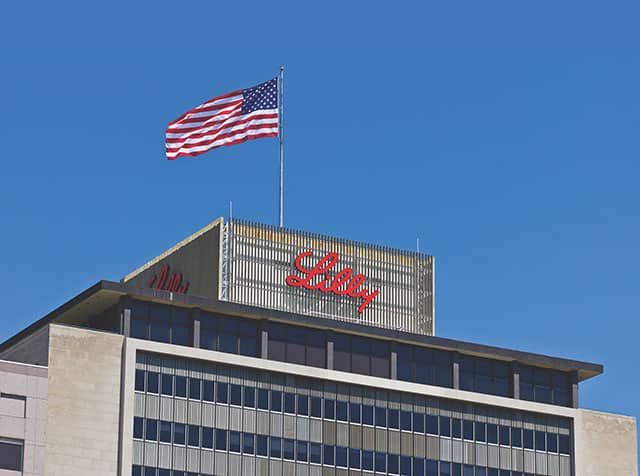
Eli Lilly’s GLP-1 agonist Trulicity has won a new indication in the US, to reduce cardiovascular events in adults with and without established cardiovascular disease.
The US Food and Drug Administration (FDA) approval came on the back of Lilly’s REWIND study, which studied the drug in people who had cardiovascular (CV) risk factors, although most did not have established CV disease.
Data from the trial demonstrated that treatment with Trulicity resulted in a risk reduction in major adverse cardiovascular events (MACE). The results also showed that Trulicity demonstrated consistent MACE risk reduction across major demographic and disease subgroups.
This included a 12% reduction in MACE in middle-aged and older people with type 2 diabetes – including cardiovascular death, non-fatal myocardial infarction or non-fatal stroke – as well as a 15% decrease in the development of kidney disease compared to placebo.
According to Lilly, the approval of Trulicity in both primary and secondary prevention populations is the first for any type 2 diabetes medicine. The company also said that Trulicity’s benefit in both populations is particularly significant because it is “more representative of people with type 2 diabetes (that are) typically seen in clinical practice”.
“For the first time, health care providers can prescribe a diabetes medicine proven to significantly reduce the risk of experiencing a cardiovascular event for people with type 2 diabetes with and without established cardiovascular disease,” said Sherry Martin, vice president, medical affairs, Lilly.
“Trulicity can help people achieve their A1C goals and protect them from experiencing a cardiovascular event with a once-weekly, easy-to-use treatment option,” she added.
The once-weekly GLP-1 agonist has been available in the US since 2014, when it first gained FDA approval to improve glycaemic control in adults with type 2 diabetes.
In its most recent financial results, Lilly reported that Trulicity (dulaglutide) grew by nearly 31% to bring in $1.21bn in the fourth quarter.
The new MACE approval could help Lilly in its fight for market share with other GLP-1 agonists, including Novo Nordisk’s once-weekly drug Ozempic (semaglutide).
Novo also has Rybelsus – oral semaglutide – in its arsenal, and analysts at Pareto Securities have suggested that demand for an oral alternative GLP-1 could make the drug a $5.4bn product at peak, according to Reuters.
The Danish pharma company reported results from a head-to-head trial with Trulicity, which also suggested that oral dosing was superior for controlling blood glucose control and achieving weight loss.




